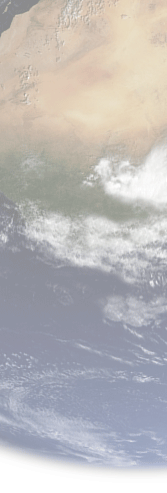“Interdisciplinary and multidisciplinary research in aquatic sciences (future needs in light of global change)”
Functional integrity of aquatic systems is essential when considering the health of our global ecosystems. Presently we are experiencing environmental changes at an accelerating rate beyond common evolutionary adaptative capacity (except for historic catastrophic events). Mitigating the impacts requires new strategic planning in basic and applied sciences with overarching interdisciplinary and multidisciplinary approaches.
Water resources will be at the premium in most societies to the extent that wars on water rather than on oil are likely to occur. While climate change in the oceans will be dramatically influenced by altered precipitation patterns, the limited freshwater resources will also be more intensively used and drastically modified with serious changes on ecosystem level. One of the major threats to aquatic wildlife and in particular to migratory fish species is the increased construction of hydrodams and water reservoirs, leading to subtantial river fragmentation and altered river flow with additional consequences on temperature profiles and water chemistry.
Future research strategies in fisheries management and aquaculture will have to consider these changes and require close cooperation between climatologists, hydro-engineers, managers, resource use planners, environment agencies and natural scientists (biologists, ecologists, fish disease experts, aquaculture production manager etc) to cope with these changes. Some of the key issues will be addressed such as (a) consequences in river flows and further river fragmentation, (b) increased regional changes in precipitation, (c) drastic changes in annual temperature profiles, (d) severe consequences on reproductive capacity and structural composition of most freshwater fish communities, (e) changes in entire food webs, (f) newly emerging diseases and parasites with potential outbreaks at epidemiological level within aquatic communities with potential consequences to humans (just to mention a few).
Strategic research designed to provide answers to the pressing issues in a timely fashion will be addressed in order to set research priorities which can assist to provide the knowledge required for adaptive and integrated management.
The institution we are addressing today should be part of this strategic planning process at local, regional and international level. This presentation wishes to stimulate the discussion on subjects which need long-term commitment at a time when short-term, project-oriented thinking with a „quick-fix“ attitude dominates the planing in science administrations. The conservation programmes on the highly endangered sturgeons will be presented as a model case, clearly indicating that any time horizon shorter than 30 to 50 years minimum will not lead to the expected success. |








